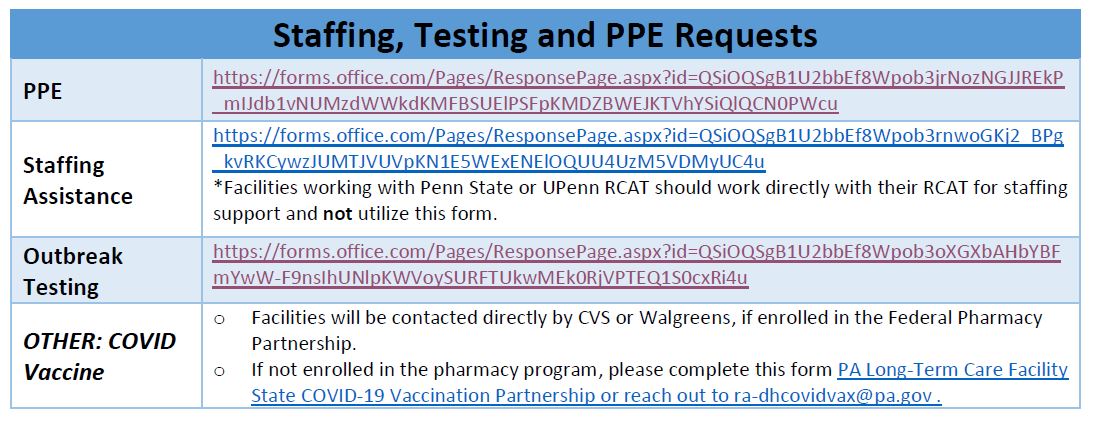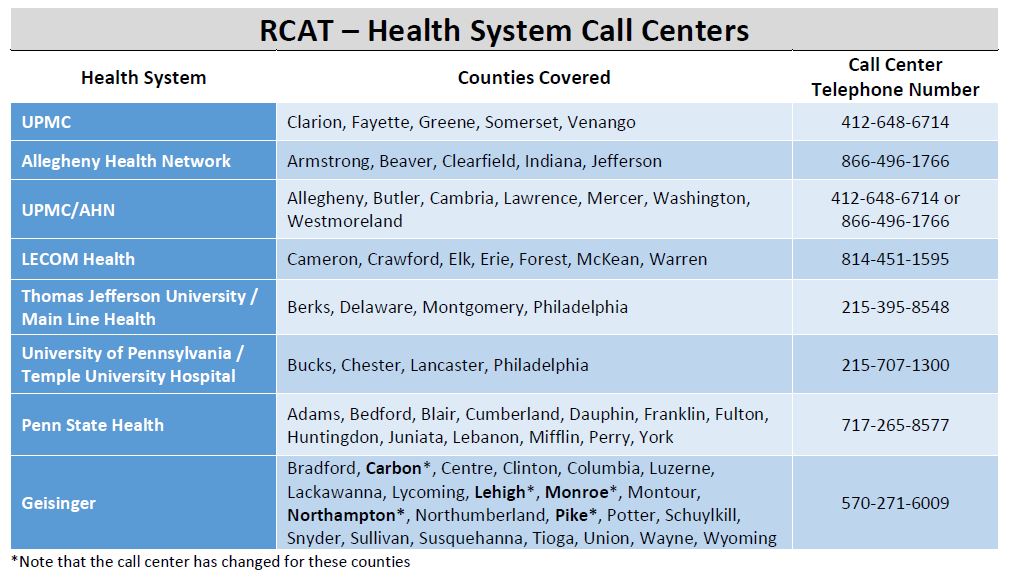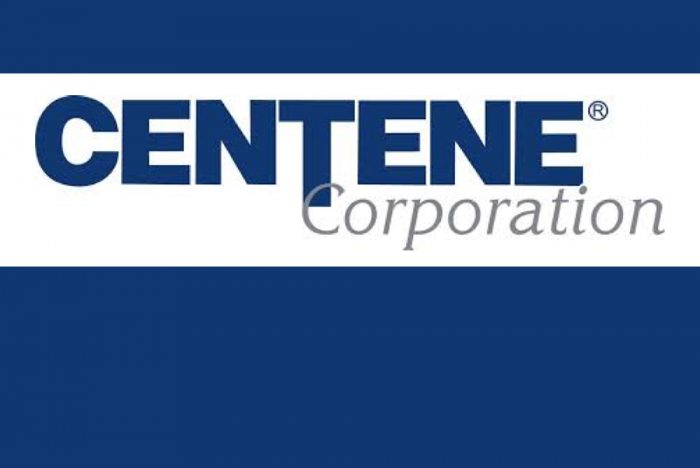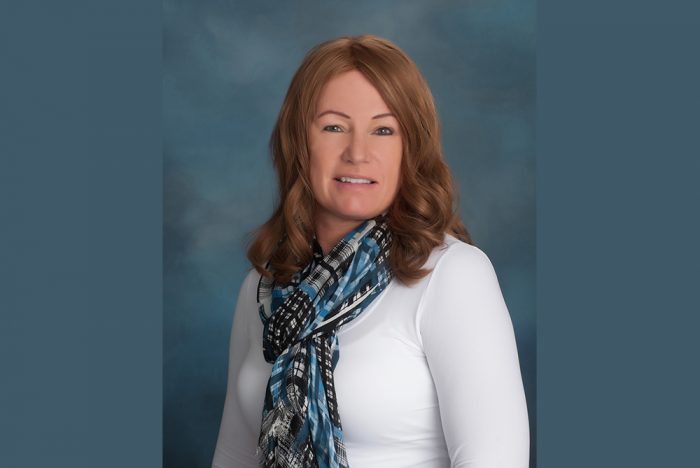Capitolwire: PA House Starts New Session in Challenging Period
PA Assistive Technology Foundation Webinar – Money Mapping: A More Flexible Way to Budget
Wednesday, January 20, 2021
1:00 pm – 2:00 pm
Money impacts nearly all aspects of our lives – where we live, what we eat, how we get around, the way we spend our free time, and our health to name a few. Money mapping, like budgeting, is a way to gain control over your money and meet your financial goals. Unlike budgeting, however, money mapping is designed to be a flexible and ongoing process that will help you reroute when life changes.
In this webinar, Holly Zugay, CFP® of Pennsylvania Housing Finance Agency, will lead attendees through the process of creating a money map and discuss ways you can use it to manage your finances and achieve your goals. Jill Gromen of JEVS Human Services will share her personal experience with using money mapping with young adults with disabilities. Attendees will also hear from a JEVS Money Club program participant who will share firsthand experience in using the money-mapping process to become more financially independent.
Attendees will learn:
- Why setting goals is important;
- How you can set SMART financial goals;
- What you can accomplish by mapping your money;
- How to create and use a money map; and
- Practical applications of money mapping for individuals with disabilities.
Learn more and register here.
For questions or help with registration, please contact Megan Bolin at 888-744-1938.
Join us and gain the tools you need to have an impact!
Each Money Talks webinar hosted by the Pennsylvania Assistive Technology Foundation will provide information and resources to handle the unique financial issues that impact individuals with disabilities, including new challenges that have arisen as a result of the COVID-19 pandemic. If you are a person with a disability, a family member of someone with a disability, an advocate, an educator, or a service provider, this series is for you. Each session will be fully accessible, and recordings, transcripts, and slides will be made available.
Federal Agency Says Employers Can Mandate COVID-19 Vaccine
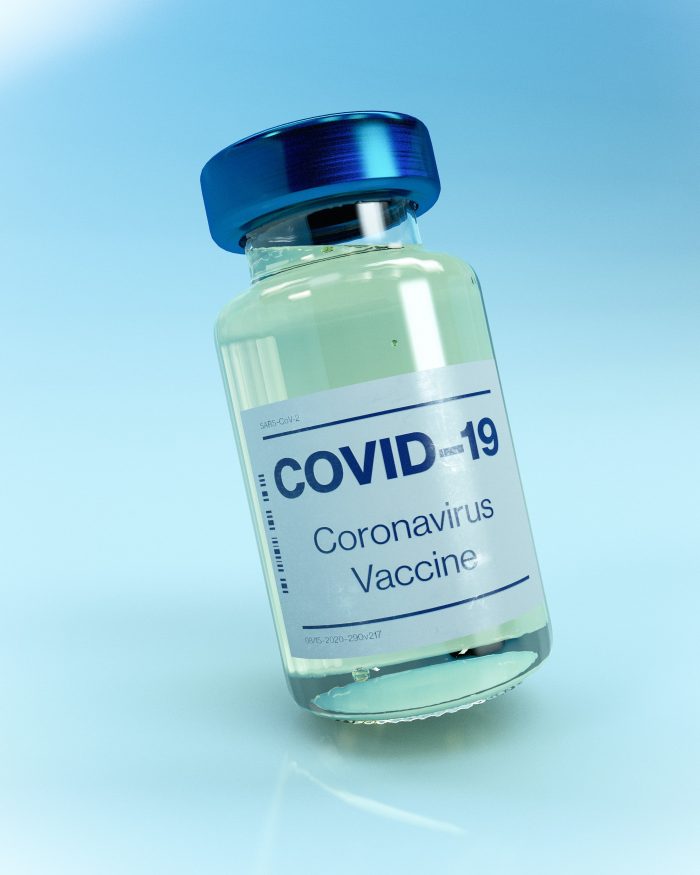
CMS Innovation Center to Increase Access to Opioid Use Disorder Treatment Services
The Center for Medicare and Medicaid Innovation launched a request for application (RFA) for a new initiative that aims to increase access to opioid use disorder (OUD) treatment services for eligible Medicare Fee-For-Service (FFS) beneficiaries, including those dually eligible for Medicare and Medicaid.
Centene is Climbing on Its Plans to Buy Magellan Health for $2.2 Billion
RCPA Member Step By Step, Inc. Appoints Lesley Corey as New Executive Vice President/COO
Lesley Corey, who brings with her a 29-year career in behavioral healthcare and developmental disabilities, will become the Executive Vice President/COO of Step By Step, Inc. effective January 4, 2021.
CMS Issues Guidance about Expanded Medicaid Coverage for Treatment of Opioid Use Disorders
Teresa Miller: Thanks to the DHS Heroes on the Front Lines
Regional Response Health Collaborative Program Transitions to RCAT to Continue COVID-19 Support

On May 29, 2020, Pennsylvania’s State Legislature appropriated $175 million dollars from the federal CARES Act to protect residents and staff in long-term care facilities (LTCFs). With this funding, and in partnership with select health systems, Pennsylvania’s Long-Term Care Task Force (LTC-TF) developed the Regional Response Health Collaborative (RRHC) program. Federal funding for the RRHC program ended on December 30, 2020.
Due to federal dollars no longer being available and a constrained state budget, the Wolf Administration has prioritized the allocation of limited funds to continue providing facilities with support during COVID-19 facility outbreaks. This state-funded effort will leverage the expertise of the health systems through the Regional Congregate Care Assistance Teams (RCAT), a new, more limited version of the RRHC. Starting on December 31, 2020 and lasting through February 28, 2021, the RCAT will provide COVID-19 outbreak support to facilities. Those facilities who were eligible for the RRHC program will also be eligible for the RCAT.
- Continued supports that will be offered to the RCAT-eligible facilities are:
- Call centers currently utilized under the RRHC program will remain available to engage health systems for infection control/prevention services and education in the event of COVID-19 outbreaks. (Facilities located in Carbon, Pike, Monroe, Lehigh, and Northampton Counties, please refer to the chart below for updated call center information).
- Personal protective equipment (PPE) will be provided by existing and new vendors. Refer to the chart below to request assistance.
- Staffing assistance will continue to be provided by existing and new contracted agencies as well as the PA National Guard, but it will be more limited.
- Testing assistance is available as resources permit through the Pennsylvania Department of Health’s (DOH’s) vendors. Facilities experiencing a current outbreak or support from a RRHC or DOH vendor will be enrolled in testing support first, and then the program will expand based on the availability of resources.
- Tomorrow’s Healthcare portal will still be accessible; webinars will be scheduled as needed.
With the introduction of the RCAT, coverage remains the same as the RRHC program except for the Northeast Region. Engagement with LECOM, UPMC (including Allegheny Health Network, Excela, Penn Highlands, and St. Clair), Penn State, University of Pennsylvania (including Temple), and Thomas Jefferson (including Main Line Health) will remain the same. Geisinger will continue to provide coverage for the Northcentral region and has expanded to support Carbon, Monroe, and Pike Counties as well. The LTC-TF will backstop RCAT support across the commonwealth and ensure support for facilities located in Lehigh and Northampton Counties.
Some services provided by the health systems have changed. Members are encouraged to refer to the updated contact list.